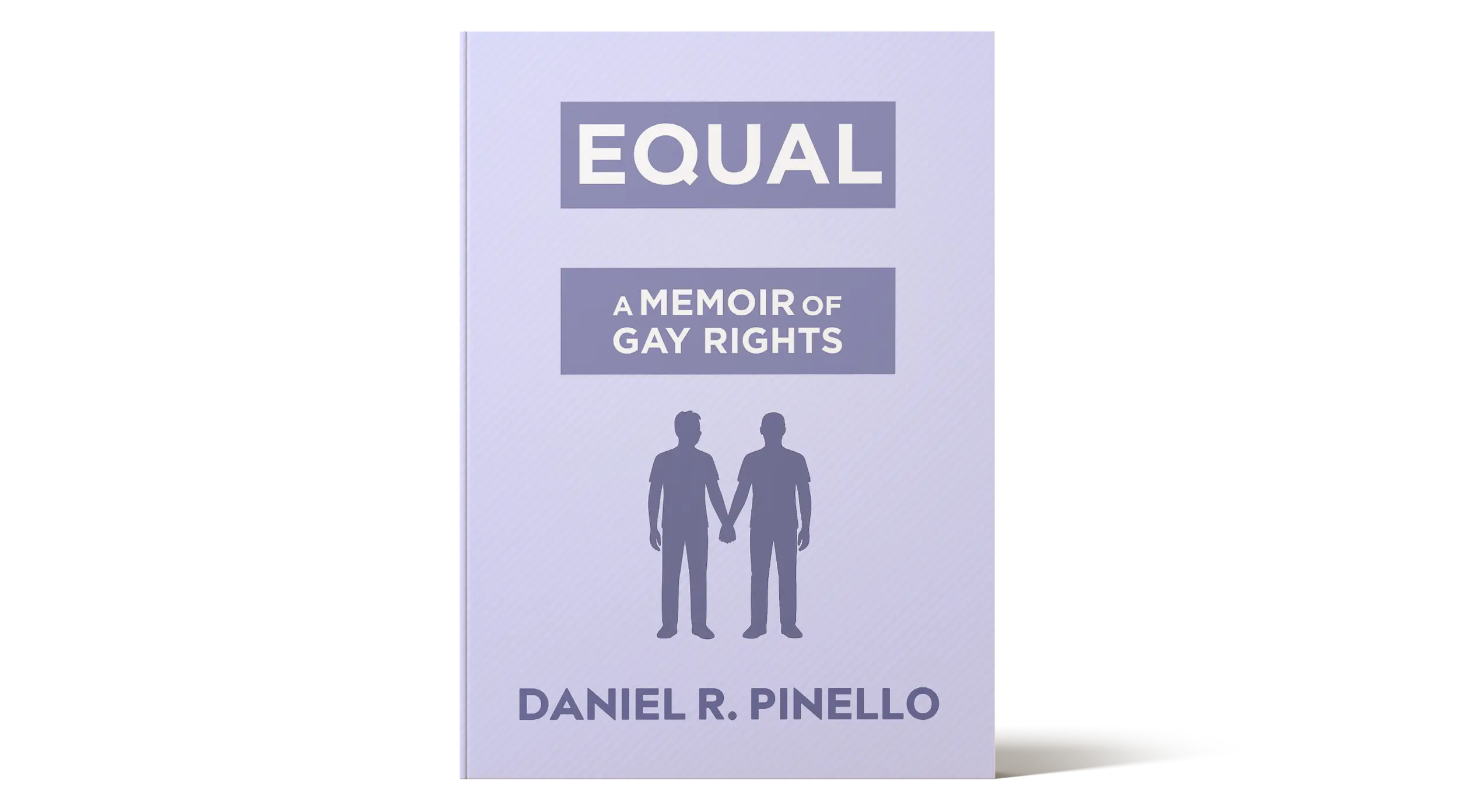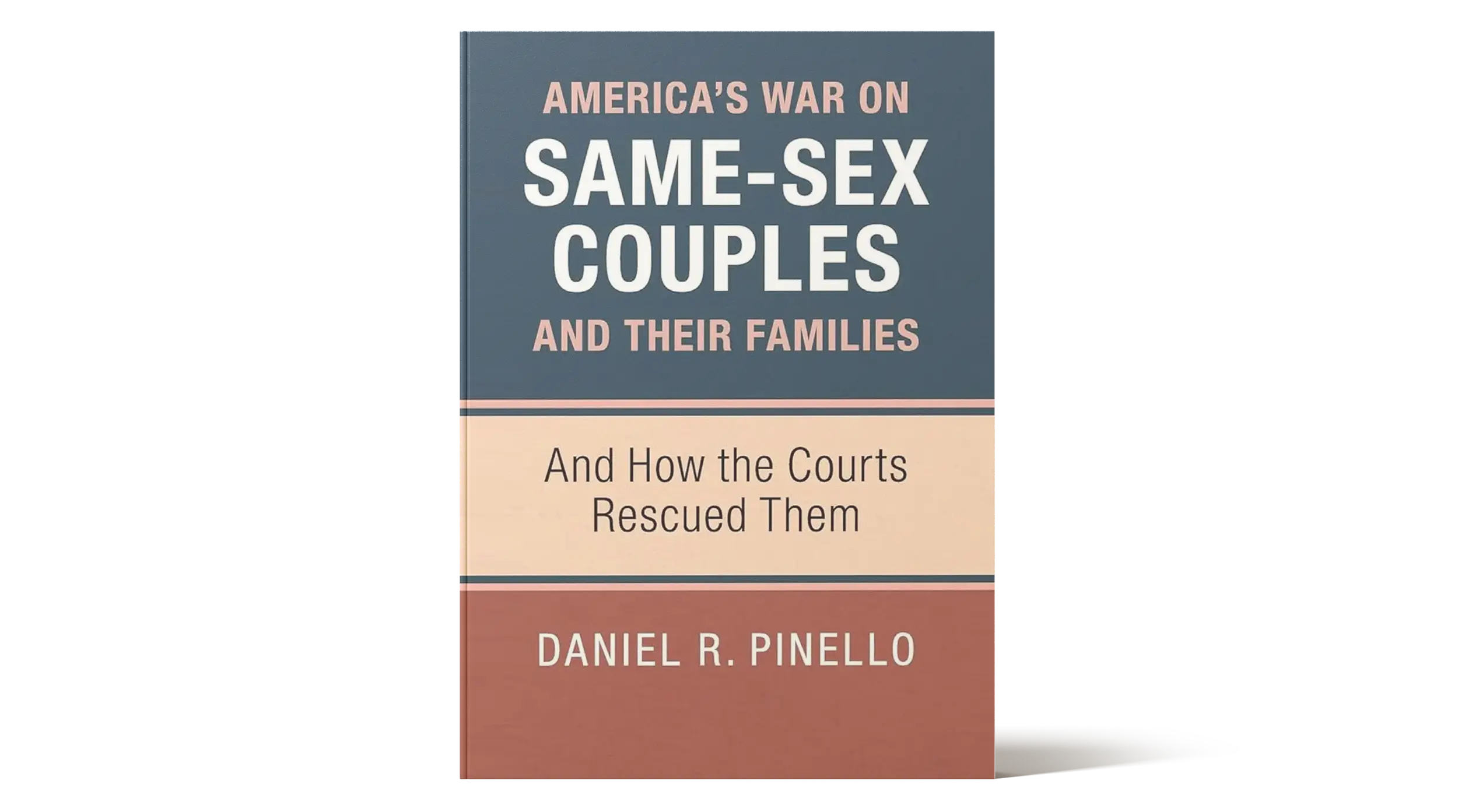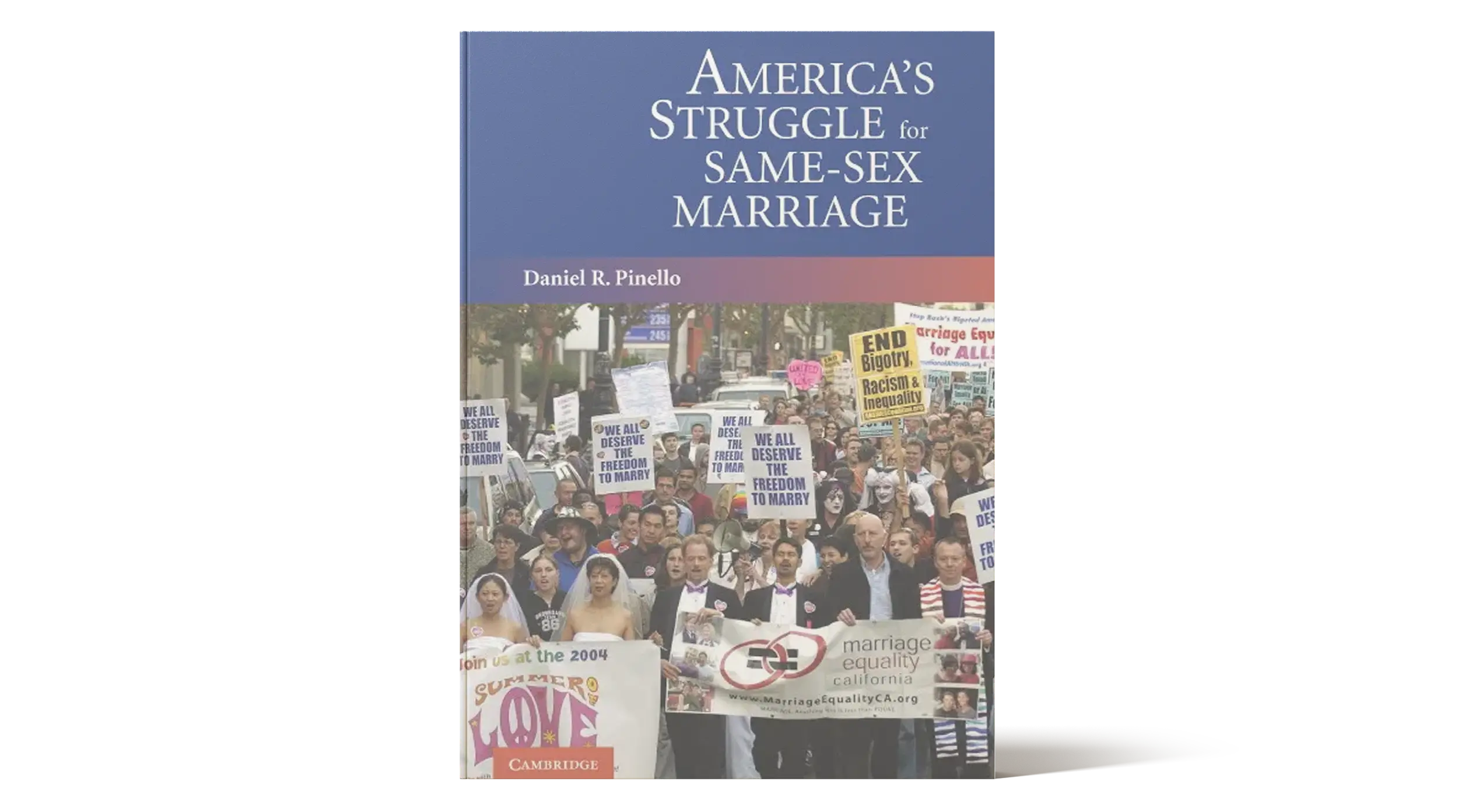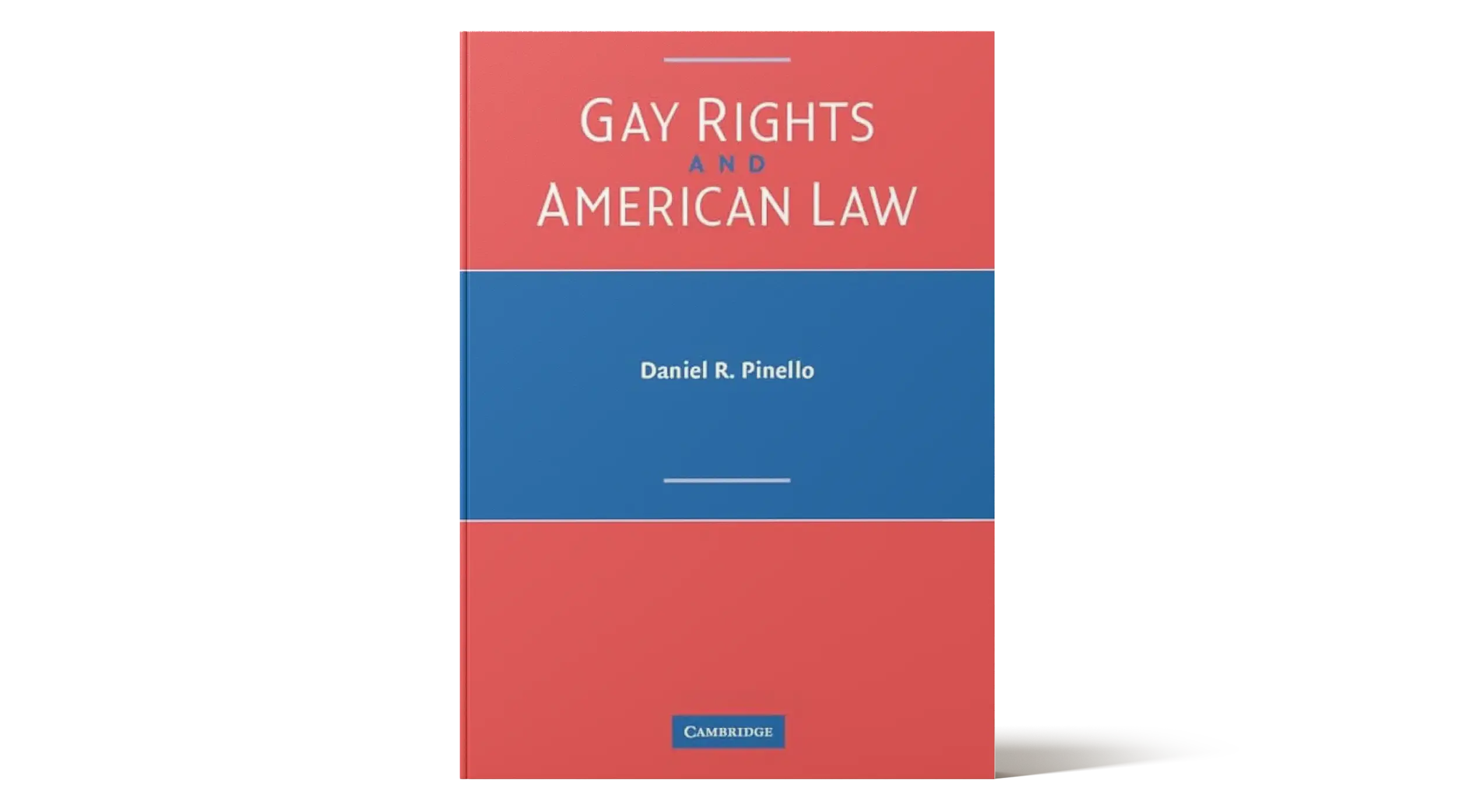Logan v. Sears, Roebuck & Co.
Alabama Supreme Court
466 So.2d 121
February 22, 1985
MADDOX, Justice.
Robert Logan operates a beauty salon in Birmingham. On May 11, 1982, an employee of Sears, Roebuck and Company phoned Logan at his place of business to inquire whether he had made his monthly charge account payment. While looking for his checkbook, Logan heard the Sears employee tell someone on her end of the line, “This guy is as queer as a three-dollar bill. He owns a beauty salon, and he just told me that if you’ll hold the line I will check my checkbook.” No one on Logan’s end of the conversation, other than Logan, heard the statement.
Logan brought suit against Sears, seeking damages based on the torts of outrage and invasion of privacy. Sears moved for summary judgment as to both causes of action. The trial court granted Sear’s motion, holding that although the statement of the Sears employee was insulting, it was not sufficient to support a claim of outrage or invasion of privacy. Logan appeals here.
It is undisputed that the Sears employee indeed made the statement complained of by Logan. It is further undisputed that Logan is, in fact, a homosexual. Thus, the only issue presented is whether the trial court erred in granting summary judgment. We find that it did not.
The tort of outrage, as proposed in Restatement (Second) of Torts Section 46 (1948), and adopted by this Court in American Road Service Co. v. Inmon, 394 So.2d 361 (Ala.1980), provides that:
“One who by extreme and outrageous conduct intentionally or recklessly causes severe emotional distress to another is subject to liability for such emotional distress, and if bodily harm to the other results from it, for such bodily harm.”
While Inmon, supra, did recognize a cause of action in Alabama based solely upon insulting language, it did not create a cause of action which arises from every insult. As this Court stated therein, the tort of outrage “does not recognize recovery for ‘mere insults, indignities, threats, annoyances, petty oppressions, or other trivialities.’ The principle applies only to unprivileged, intentional or reckless conduct of an extreme and outrageous nature, and only that which causes severe emotional distress…. The emotional distress thereunder must be so severe that no reasonable person could be expected to endure it. Any recovery must be reasonable and justified under the circumstances, liability ensuing only when the conduct is extreme…. By extreme we refer to conduct so outrageous in character and so extreme in degree as to go beyond all possible bounds of decency, and to be regarded as atrocious and utterly intolerable in a civilized society.”
Similarly, although Phillips v. Smalley Maintenance Services, Inc. 435 So.2d 705 (Ala.1983), recognized an action for intrusion upon one’s solitude (which is the basis for Logan’s claim), that case does not stand for the proposition that there can be recovery based upon every intrusion. This Court in Phillips, adopted Restatement (Second) of Torts, Section 652 (1977), which states, in pertinent part:
“One who intentionally intrudes, physically or otherwise, upon the solitude or seclusion of another or his private affairs or concerns, is subject to liability to the other for invasion of his privacy, if the intrusion would be highly offensive to a reasonable person.”
But in adopting that section, this Court also necessarily adopted that section’s limitation on such actions. In other words, while holding that an intrusion on solitude may be actionable, this Court recognized that in order to be actionable, the intrusion must be such as would outrage a person of ordinary sensibilities or cause such a person mental suffering, shame, or humiliation. Phillips, supra.
Consequently, the dispositive questions are whether the statement of the Sears employee was such as would outrage, or cause mental suffering to, a reasonable person and whether it was within the trial court’s authority to make such a determination.
This Court recognized in Inmon that a determination as to whether a statement is sufficiently objectionable to support a cause of action for outrageous conduct may be made by the trial court as a matter of law. We are of the opinion that the same may be said for a suit based on intrusion upon the solitude or seclusion of another; therefore, it was within the trial court’s authority to determine if the employee’s statement gave rise to a cause of action in either outrage or invasion of privacy.
In this case, the trial court concluded that the statement was not so outrageous as to support an action based on either tort. Even though the statement was an intrusion upon Logan’s solitude or seclusion, we do not believe that it was so extreme or outrageous as to offend the sensibilities of an ordinary person similarly situated.
It is evident from Logan’s complaint and his testimony that he does not claim that the statements made about him were defamatory or slanderous. He admits that the characterization of him as homosexual is a true characterization; he simply dislikes the use of the adjective “queer” and he was especially annoyed because the term was used on his private telephone line. In his deposition, Logan testified as follows:
“Q. Are you gay?
“A. Yes….
“Q. Well, are you at a point in life where you can accept without any embarrassment being gay?
“A. It doesn’t bother me.
“Q. You just don’t want someone else to make any comments about your personal life?
“A. I have had clients to come into my salon and say, ‘Robert’–after general conversation they will say, ‘Robert, are you gay?’ and I will say, ‘Yes.’ But they don’t come in and say, you know, ‘I have got this queer hairdresser’ or call me up over the phone and make accusations about this–just the word ‘queer’ just bothers me, because I am not ‘queer.'”
We are unwilling to say that the use of the word “queer” to describe a homosexual is atrocious and intolerable in civilized society. We recognize that there are other words favored by the homosexual community in describing themselves, but the word “queer” has been used for a long time by those outside that community. It has been in use longer than the term “gay,” which has recently become the most frequently used term to describe homosexuals.
Since Logan is admittedly a homosexual, can it be said realistically that being described as “queer” should cause him shame or humiliation? We think not. In order to create a cause of action, the conduct must be such that would cause mental suffering, shame, or humiliation to a person of ordinary sensibilities, not conduct which would be considered unacceptable merely by homosexuals. Cf. Norris v. Moskin Stores, Inc., 272 Ala. 174, 177 (1961).
Professor Prosser summarized the law on this issue in the following language:
“Our manners, and with them our law, have not yet progressed to the point where we are able to afford a remedy in the form of tort damages for all intended mental disturbance. Liability of course cannot be extended to every trivial indignity. There is no occasion for the law to intervene with balm for wounded feelings in every case where a flood of billingsgate is loosed in an argument over a back fence. The plaintiff must necessarily be expected and required to be hardened to a certain amount of rough language, and to acts that are definitely inconsiderate and unkind. There is still, in this country at least, such a thing as liberty to express an unflattering opinion of another, however wounding it may be to his feeling; and in the interest not only of freedom of speech but also of avoidance of other more dangerous conduct, it is still very desirable that some safety valve be left through which irascible tempers may blow off relatively harmless steam.
“There is the further, and still more significant, evident and serious danger of fictitious claims and vexatious suits in such cases. Petty insult or indignity lacks, from its very nature, any convincing assurance that the asserted mental distress is genuine, or that if genuine it is serious, and reasonable. When a citizen who has been called a son of a bitch testifies that the epithet has destroyed his slumber, ruined his digestion, wrecked his nervous system, and permanently impaired his health, other citizens who on occasion have been called the same thing without catastrophic harm may have legitimate doubts that he was really so upset, or that if he were his sufferings could possibly be so reasonable and justified under the circumstances as to be entitled to compensation.
“Accordingly, it is generally held that there can be no recovery for mere profanity, obscenity, or abuse, without circumstances of aggravation, or for insults, indignities or threats which are considered to amount to nothing more than mere annoyances. The plaintiff cannot recover merely because he has had his feelings hurt. Even the dire affront of inviting an unwilling woman to illicit intercourse has been held by most courts to be no such outrage as to lead to liability–‘the view being, apparently,’ in Judge Magruder’s well-known words, ‘that there is no harm in asking.'” W. Prosser, Law of Torts, 54-55 (4th ed. 1971).
Based on the above, we hold that the statement was one of those relatively trivial insults for which the law grants no relief; therefore, the trial court did not err in granting summary judgment.
AFFIRMED.



